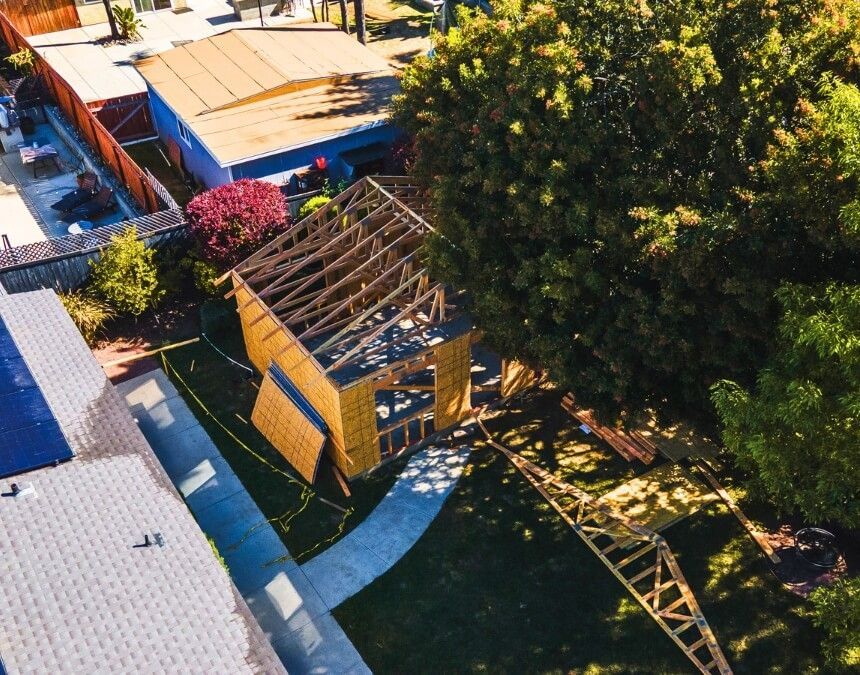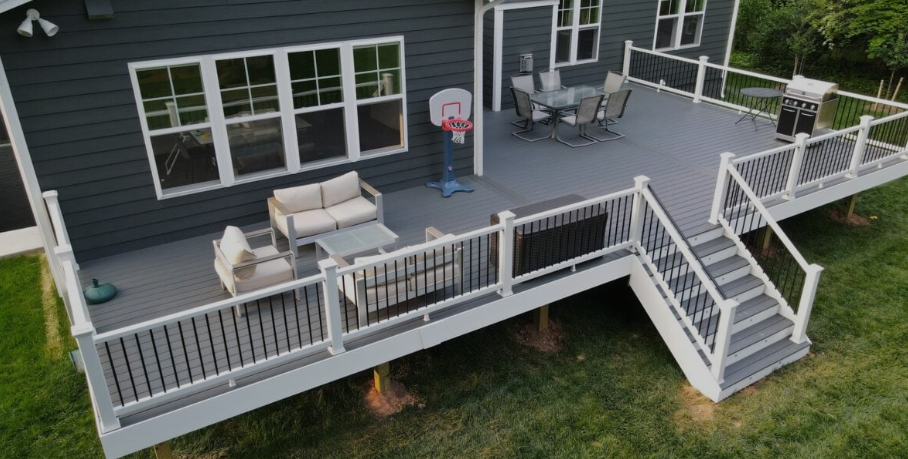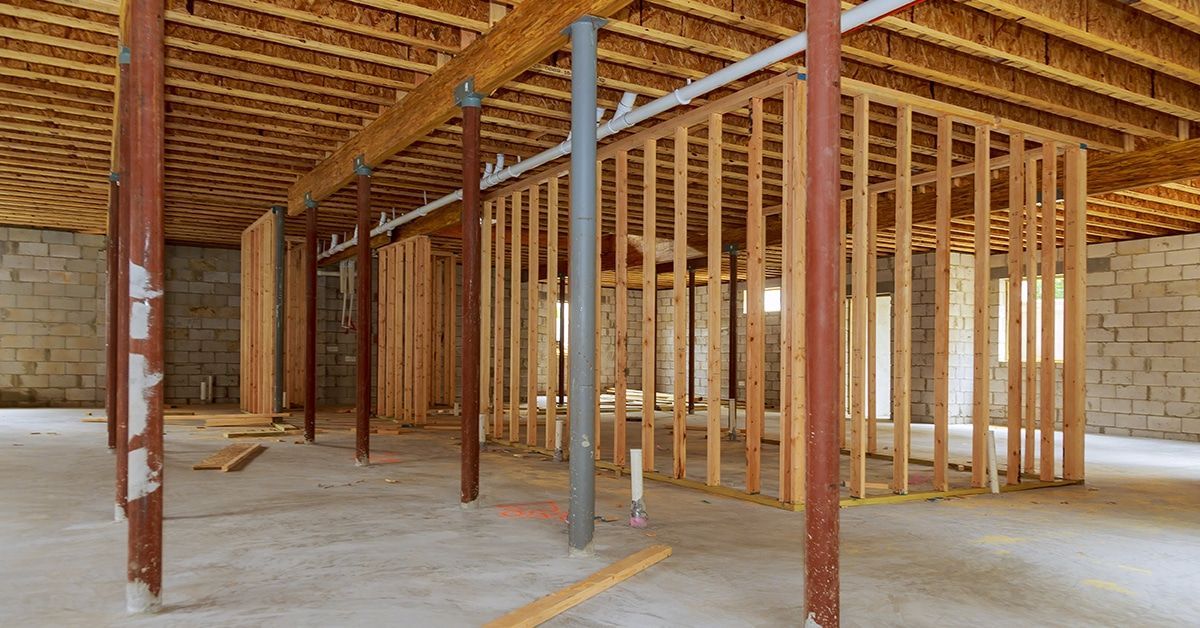Excavation for New Driveways in Rhode Island - Guide
Building a new driveway in Rhode Island requires proper excavation to ensure longevity and functionality. Rhode Island's unique climate conditions, including freeze-thaw cycles and coastal weather patterns, make professional excavation essential for any driveway project.
What is Driveway Excavation?
Driveway excavation is the process of removing soil, rocks, and debris to create a stable foundation for your new driveway. This involves digging to specific depths, grading the surface, and preparing the base materials that will support your driveway surface for decades to come.
Rhode Island Excavation Requirements
Soil Conditions in Rhode Island
Rhode Island's varied geology presents unique challenges for driveway excavation:
- Coastal areas: Sandy soils with potential drainage issues
- Inland regions: Clay-heavy soils that expand and contract with moisture
- Rocky terrain: Common throughout the state, requiring specialized equipment
- Groundwater concerns: High water tables in many areas
Climate Considerations
Rhode Island's four-season climate demands excavation that accounts for:
- Frost line depth (typically 4 feet in Rhode Island)
- Winter freeze-thaw cycles
- Heavy spring runoff
- Summer heat expansion
Step-by-Step Excavation Process
1. Site Assessment and Planning
Professional excavation begins with thorough site evaluation, including soil testing, drainage assessment, and utility location marking. Rhode Island law requires calling Dig Safe at 811 before any excavation project.
2. Permits and Approvals
Most Rhode Island municipalities require permits for new driveway construction. Common requirements include:
- Setback compliance from property lines
- Drainage management plans
- Environmental impact assessments for larger projects
- Historic district approvals in designated areas
3. Initial Excavation
Excavation depth typically ranges from 12-18 inches for residential driveways in Rhode Island, depending on:
- Soil type and stability
- Expected traffic load
- Drainage requirements
- Local building codes
4. Base Preparation
After excavation, the subgrade is prepared with:
- Compacted gravel base (typically 6-8 inches)
- Proper grading for drainage (minimum 2% slope)
- Installation of drainage systems if needed
Rhode Island-Specific Excavation Challenges
Coastal Considerations
Properties near Rhode Island's coastline face unique excavation challenges:
- Salt air corrosion: Affects metal drainage components
- Storm surge planning: Elevated construction may be required
- Coastal erosion: Impact on driveway longevity and placement
Historic Districts
Many Rhode Island communities have historic districts with special requirements:
- Providence: Federal Hill, Benefit Street areas
- Newport: Historic district regulations
- Warwick: Established neighborhood guidelines
- Cranston: Historic preservation zones
Environmental Regulations
Rhode Island's environmental laws affect excavation projects:
- Wetland setbacks and buffer zones
- Storm water management requirements
- Soil contamination testing in former industrial areas
Cost Factors for Rhode Island Driveway Excavation
Average Costs
Excavation costs in Rhode Island typically range from $3-8 per square foot, depending on:
- Soil conditions and accessibility
- Depth of excavation required
- Disposal of excavated materials
- Site preparation complexity
Additional Cost Considerations
- Utility relocation: $500-2,000 depending on complexity
- Drainage systems: $1,000-5,000 for comprehensive solutions
- Permits and inspections: $200-800 in most Rhode Island municipalities
- Seasonal pricing: Higher costs during peak construction season
Best Practices for Rhode Island Driveways
Drainage Solutions
Proper drainage is critical in Rhode Island due to:
- High annual precipitation (45+ inches)
- Spring snowmelt runoff
- Coastal storm events
Effective drainage includes:
- French drains along driveway edges
- Proper crown and cross-slope design
- Connection to municipal storm systems where available
Material Selection
Rhode Island's climate demands durable base materials:
- Crushed stone: Provides excellent drainage and stability
- Recycled concrete: Environmentally friendly option
- Bank run gravel: Cost-effective for rural properties
Timing Considerations
Optimal excavation timing in Rhode Island:
- Spring: After frost thaw, before wet season
- Early summer: Dry conditions, good equipment access
- Fall: Before ground freeze, allowing for proper curing
Common Mistakes to Avoid
Inadequate Depth
Shallow excavation leads to:
- Premature driveway failure
- Frost heave damage
- Poor drainage and water pooling
Ignoring Drainage
Without proper drainage planning:
- Water damage to driveway structure
- Ice formation creating safety hazards
- Basement flooding from redirected water
Skipping Soil Testing
Proper soil analysis prevents:
- Unexpected construction delays
- Cost overruns from poor soil conditions
- Long-term settling and cracking issues
Maintenance After Excavation
First Year Care
Newly excavated and constructed driveways require:
- Settling period monitoring
- Immediate repair of any settlement issues
- Proper snow removal techniques to prevent damage
Long-term Maintenance
Rhode Island driveways benefit from:
- Annual spring inspection and repair
- Proper drainage maintenance
- Sealcoating every 2-3 years for asphalt surfaces
Municipal Regulations by Rhode Island City
Providence
- Minimum driveway width: 9 feet
- Maximum grade: 15%
- Setback requirements: 3 feet from property lines
Warwick
- Drainage plan required for driveways over 1,000 sq ft
- Special permits needed in flood zones
- Historic district approval required in designated areas
Cranston
- Soil erosion control measures mandatory
- Inspection required before base installation
- Connection to city storm drains when available
Newport
- Historic district compliance essential
- Coastal zone management approval may be required
- Special attention to historic property preservation
Professional vs. DIY Excavation
When to Hire Professionals
Professional excavation is recommended for:
- Complex drainage situations
- Rocky or challenging soil conditions
- Steep grade management
- Large driveway projects over 500 square feet
DIY Considerations
Small, simple projects might be DIY-friendly, but consider:
- Equipment rental costs and complexity
- Physical demands of excavation work
- Risk of utility damage
- Local permit and inspection requirements
Seasonal Considerations for Rhode Island
Spring Excavation
- Ideal soil conditions after frost thaw
- Abundant contractor availability
- Optimal weather for curing and settling
Summer Projects
- Dry conditions benefit excavation
- Peak construction season may increase costs
- Extended daylight hours allow longer work days
Fall Timing
- Good weather before winter freeze
- Allows proper base settling before winter
- Contractor availability often better than spring
Winter Limitations
- Frozen ground makes excavation difficult
- Limited curing time for materials
- Weather delays common
Ready to start your driveway excavation project? Rockhouse Construction specializes in professional excavation services throughout Rhode Island. Our experienced team understands local soil conditions, drainage requirements, and municipal regulations to ensure your project is completed correctly the first time. Contact us today for a free consultation and estimate for your new driveway excavation project.











